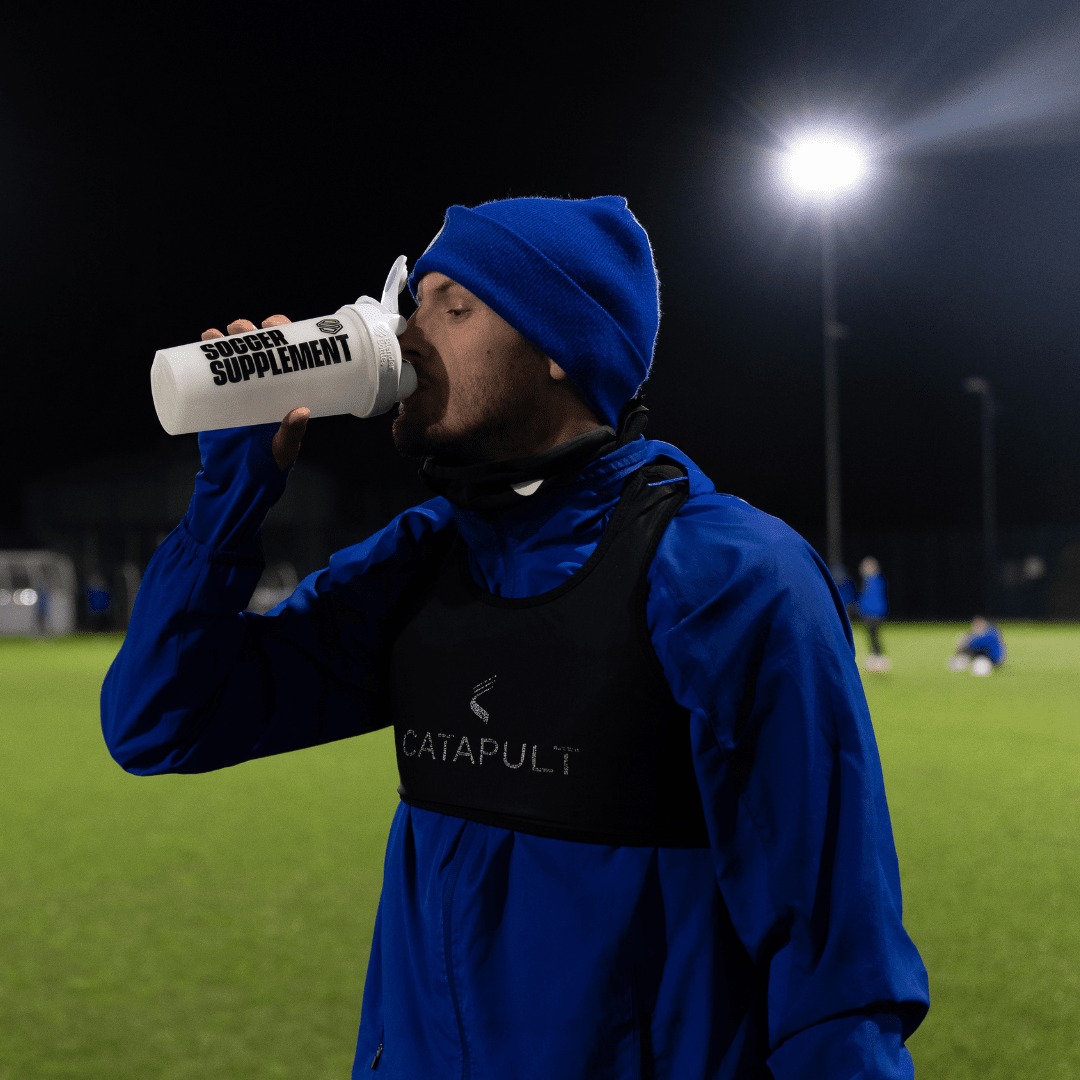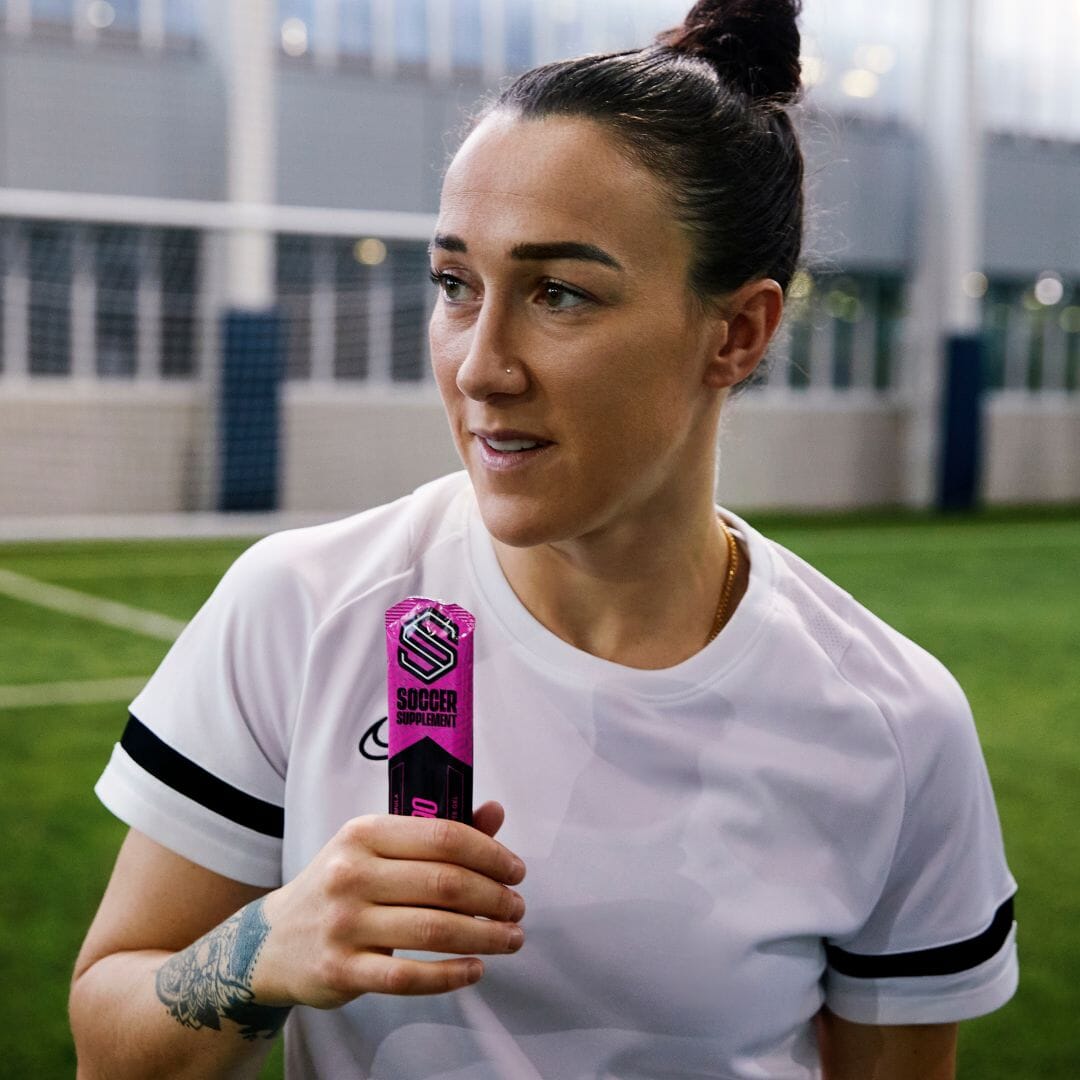What Are Vitamins and Minerals?
The difference between macronutrients and micronutrients.
Food provides us with macronutrients, fibre, micronutrients and water. The macronutrients carbohydrate, protein and fat get most of the attention, so let’s take a deeper look at micronutrients.
Micronutrients are small nutrients, including vitamins and minerals that do not provide energy, but do contribute significantly to our health and performance, and support many physiological processes, and play important roles in growth and development, and supporting metabolic and enzymatic reactions at rest and during exercise.
See our whole range of Vitamins and Minerals for Footballers. All of which you can get in a bundle saving with our Vitamin Pack.
Vitamins for Footballers
Some research has suggested that footballers may require more micronutrients than their sedentary counterparts. While some of these will come from food that they consume, it is not uncommon for footballers to supplement their diet with additional vitamins and minerals.
In footballers the most common micronutrient deficiencies include iron, zinc, calcium, magnesium and vitamin B12. Deficiencies can be costly, not only to health but also performance. Iron deficiency can impair cardiovascular function and endurance capacity, zinc deficiency can impair immune function and appetite among many other things, while calcium deficiency can impact bone mineral density. For this reason many footballers will take multivitamins on a daily basis.
Eating a diet rich in micronutrients is essential to optimising health and performance, but that is not always possible. So in certain circumstances vitamin and mineral supplementation maybe necessary. For instance, vitamin D supplementation, especially during the winter months, is essential for most in northerly latitudes to maintain normal levels.
Other supplementation to consider
Aside from vitamins and minerals other nutrients that can positive contribute to immune function, general health and recovery include probiotics. Probiotics are live bacteria that inhabit the human gut and contribute positively to digestive and gut health, immune function and as our knowledge of probiotics and the microbiome grows, so does the list of benefits probiotics offer.
Omega 3 polyunsaturated fats are known to reduce inflammation, swelling and soreness, which can aid post-match recovery for footballers. While it is possible to obtain Omega 3 in your diet it may be a good idea to supplement with a few Omega 3 Softgels to obtain the same benefit.
Vitamin and mineral deficiencies can be difficult to pick up in the real world, without regular blood analysis, but primary symptoms include fatigue, lethargy and impaired recovery among other things.
Supplementation of specific micronutrients or a complete multivitamin may. Be beneficial to footballers looking to maintain their overall health and improve their performance on the pitch.
Shop our range of Vitamins and Minerals for Footballers and Athletes











